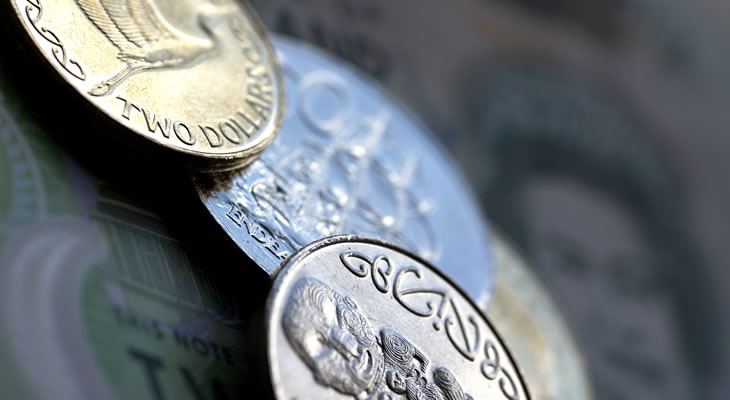The Pound managed to weather the recent Article 50 trigger, opening weekly trading against the New Zealand Dollar at 1.77 and closing at 1.78.
Despite this resilience, however the Pound may be hit by a string of damaging data releases once Brexit talks begin in earnest.
While European Council President Donald Tusk has recently stated that ‘The EU 27 will not pursue a punitive approach’, Telegraph Europe Editor Peter Foster has analysed a letter released by Tusk and concluded that;
‘Europe presented itself as the boss in coming negotiations and Britain as the supplicant. The European Council will monitor progress of the talks and “determine” when sufficient progress has been achieved to proceed to the next phase of the negotiations. Britain, in [Tusk’s] view, has no say. The European side says it is prepared for the negotiation to “fail” and pledged to minimise disruption caused by Britain’s abrupt departure from the EU only “to the extent possible”.
If it looks like the UK will be handed a punitive or damaging deal (despite assurances), then the Pound may drop heavily due to fresh market pessimism.
The Reserve Bank of New Zealand (RBNZ) could factor heavily into future New Zealand Dollar movement, especially when it comes to interest rates and housing markets.
It is a general trend that whenever interest rates rise, the housing market becomes more difficult to access because of higher mortgage payments and greater consequences of debt.
Recent trends have shown the housing market in cities like Auckland start to cool, though according to Property Institute of New Zealand Chief Executive Ashley Church, this advantageous situation may not last.
Forecasting the effect of rising interest rates in New Zealand, Church stats;
‘Although rising house prices have been a problem, the lower cost of borrowing has meant that some first-home buyers could still enter the market. That small advantage will now be largely offset by rising interest rates, which will also start to quickly erode the amounts that banks are prepared to lend to those borrowers’.
Despite this outlook, however, Church concedes that;
‘The RBNZ loan-to-value restrictions have been slowing the market for some time, and it’s entirely possible that rising interest rates will consolidate that slow-down and reduce price pressure by scaring some people out of the market – particularly those who were chasing capital growth [like] property investors’.
This boils down to the next RBNZ interest rate decision having an uncertain outlook; if traders are confident that the housing market can weather it, then an interest rate hike could boost New Zealand Dollar demand.
Recent Interbank GBP NZD Exchange Rates
At the time of writing, the Pound to New Zealand Dollar (GBP NZD) exchange rate was trading at 1.78 and the New Zealand Dollar to Pound (NZD GBP) exchange rate was trading at 0.56.


Comments are closed.